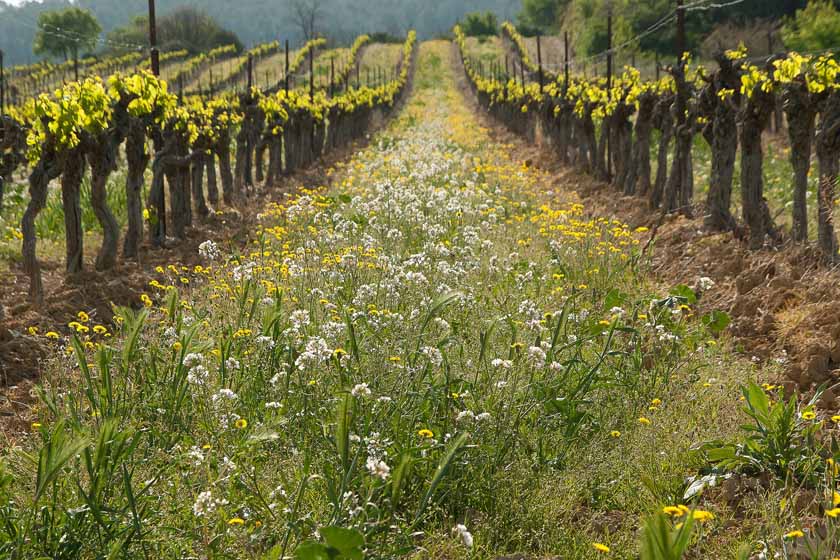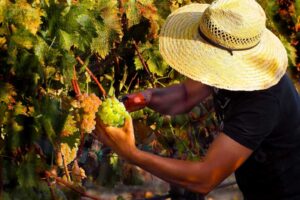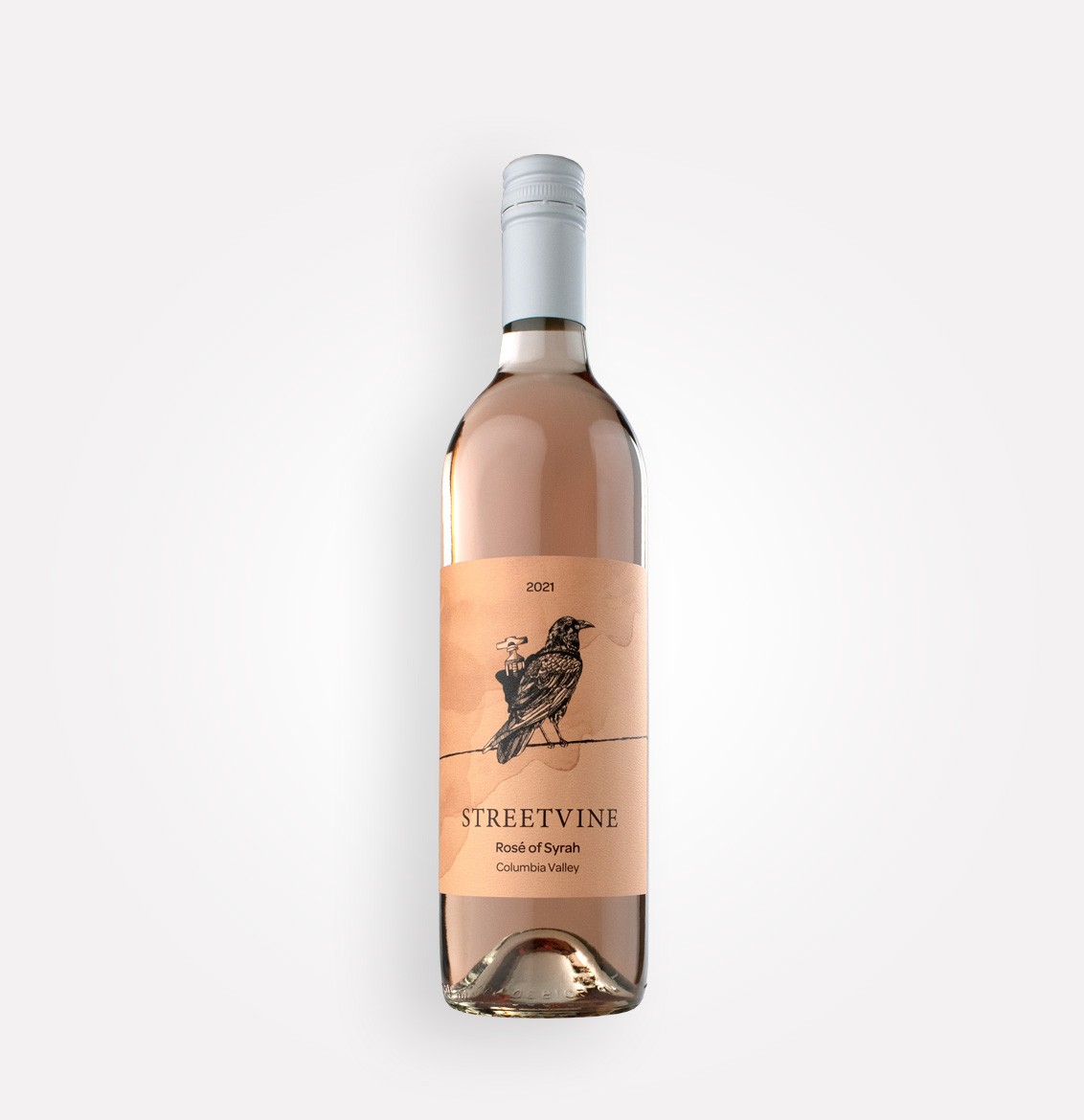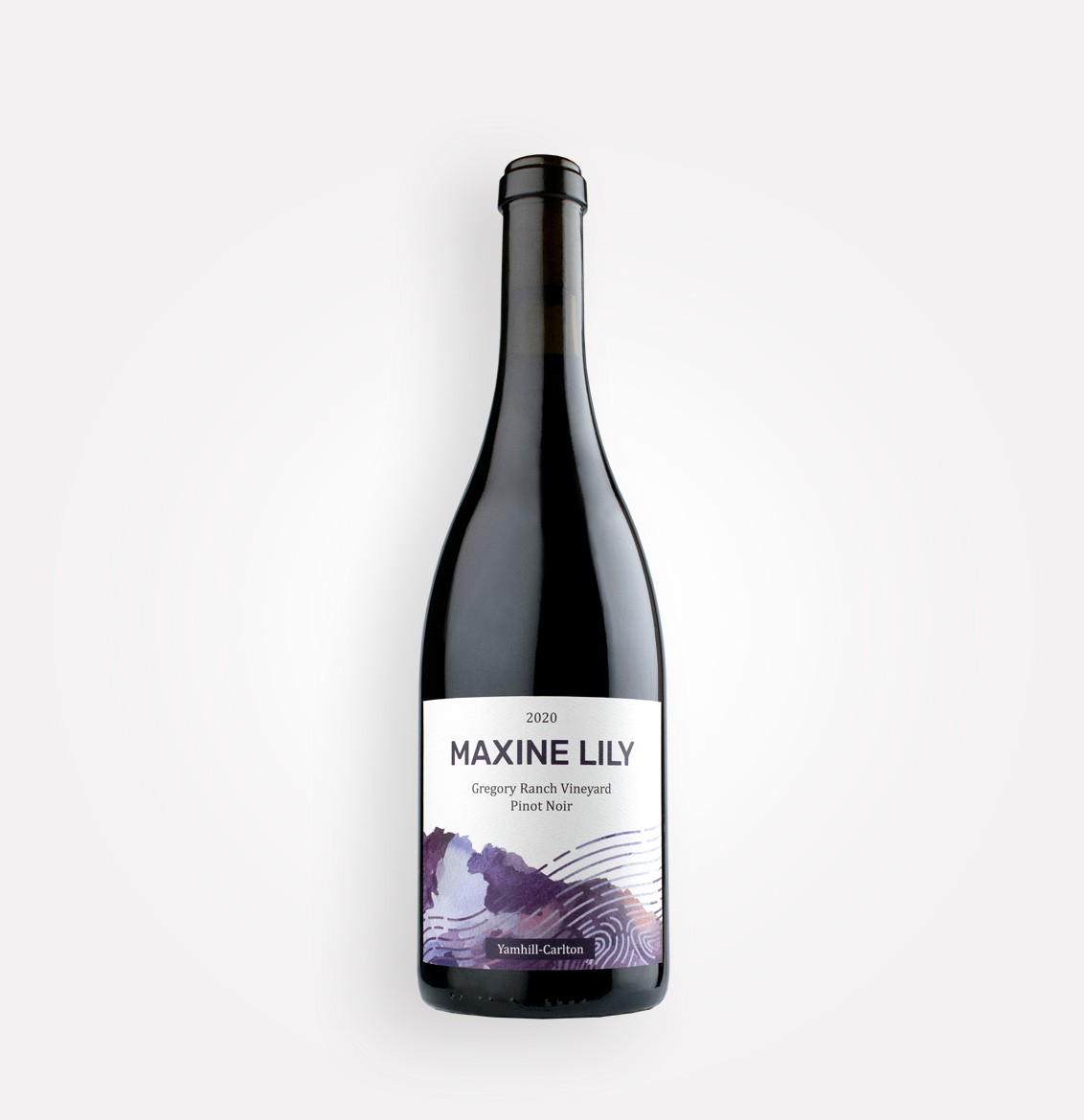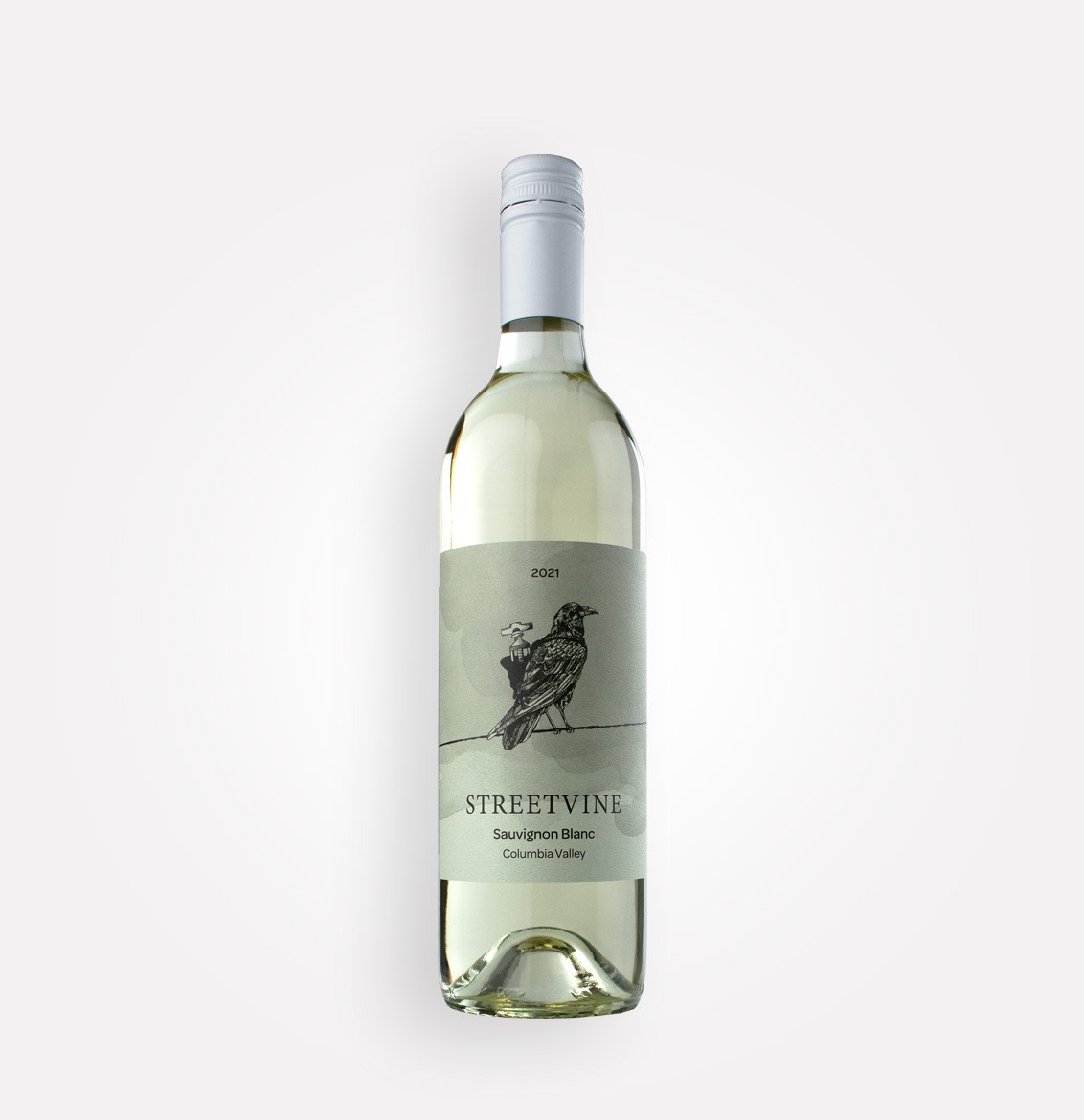Biodynamic viticulture may be the most compelling of many sustainable initiatives. It focuses on soil preparations, encourages biodiversity, and extends organic practices.
The father of biodynamics
You may think that conservation and sustainable initiatives are new. However, Austrian philosopher Rudolf Steiner presented his concept of biodynamic agriculture in a series of lectures in 1924 when farmers were concerned about their soil and farms’ health and agricultural viability.
Steiner, considered the “father of biodynamics,” took a holistic view of the farm as a whole, self-contained living organism with a life force. That life force thrives in a biodiverse environment that synchronizes climate, human interaction, and regenerative biological vigor at the farm. The farm is self-sufficient, and little or no outside materials are needed.
The biodynamic farm is more than just focused on soil and plant ecology. Demeter International is the primary organization promoting and certifying biodynamic methods. Its mission includes supporting human development and education, positive economic development that creates a value chain with fair and honest interaction between individuals, respectful social relationships, and the cosmic and spiritual impact that arises from being sensitive to our environment.
How is biodynamic viticulture different?
The general goal of commercial agriculture is to profit from maximized yields, efficiency, and economies of scale. It’s hard to imagine a sharper contrast to the world of fine wine, where the best wines are made from vineyards managed to produce low yields. A natural result of biodynamic viticulture is lower yield and higher quality.
A key aspect of biodynamics is improving soil health, especially the soil biome. There are eight “preparations”: aged manure composts with medicinal herbs (grown in the biodiverse planting on site) and used to promote soil microbial health and vitality, and others formulated for spray application to help with fungal diseases. These treatments improve the soil’s nitrogen and nutrient levels, soil structure, and water-holding capacity. Grasses and plants used as row cover eliminate the need for synthetic weed killers and provide a yummy meal for resident sheep or goats. In some places, horses rather than tractors are used for plowing, resulting in less soil compaction.
Vineyards are monocultures that attract grapevine pests. Rather than spray synthetic pesticides and herbicides, trees, vegetable, and flower gardens often surround biodynamic vineyards, creating a diverse habitat that encourages natural rivals.
Small-production winemakers and biodynamics
There is a natural synergy between the level of attention and the very hands–on scale of most biodynamic vineyards and small-production winemaking. Ultimately, biodynamic viticulture aims to maintain or improve the conditions of all the soils, plants, animals, and people within the vineyard, not coincidentally, many of the elements of terroir. The days are slower and deliberate.
Small-production winemakers look for the best vineyards and fruit to make wines that allow terroir, that sense of place to show. Paired with minimal intervention techniques in the winery, vintage and terroir are part of these wines. Fans of biodynamic wines note a difference — a subtle purity in flavors and freshness to the wines.
“Farm like the world depends on it.”
Rising Wines Collective is proud to support the winemakers at Troon Vineyard, who craft Demeter-certified and organic grapes into pure, individualistic, and focused wines while committed to improving the health of the land. Troon is Oregon’s first and the world’s second regenerative-certified winery and the world’s fourth regenerative-certified gold farm. A place where “the vines, the soil, the place, the wines, and the people are all becoming one.”
